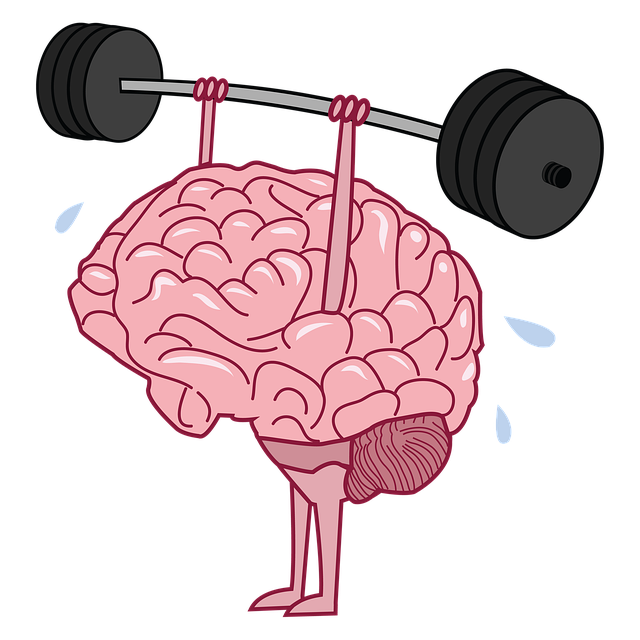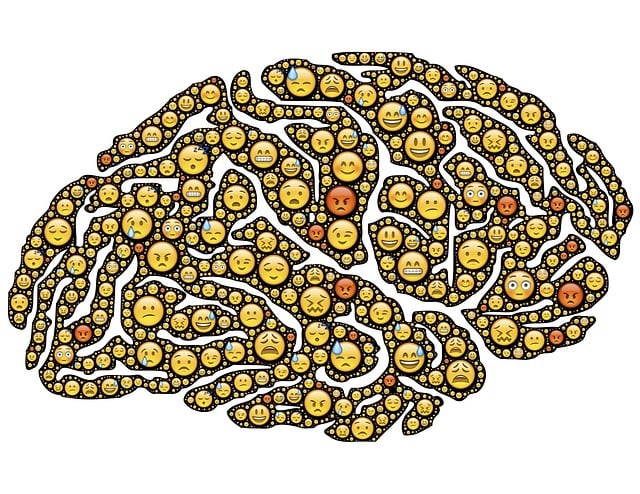Identifying risk factors for substance abuse in older adults is crucial to prevent a hidden issue that severely impacts their well-being. Loneliness, physical health issues, and isolation make elders more susceptible. Early intervention through recognizing behavioral changes can signal underlying struggles. Therapy tailored for elders, addressing spiritual-religious issues and incorporating coping skills development programs, offers a holistic approach to prevention. Community support, including hobby groups and volunteer work, combats isolation and provides purpose, reducing recidivism. Integrating these elements creates a comprehensive framework to minimize substance abuse among the elderly and improve their overall well-being.
Substance abuse among elders is a growing concern, presenting unique challenges due to age-related factors. This article explores comprehensive risk reduction strategies to combat this issue. We delve into identifying subtle risk factors and the power of early intervention for older adults. Additionally, we examine the synergy between therapy and spiritual-religious practices as potent tools for treatment success. Furthermore, community support and lifestyle modifications are highlighted as key elements in minimizing recidivism, emphasizing a holistic approach tailored to the specific needs of elderly individuals.
- Identifying Risk Factors and Early Intervention for Substance Abuse in Elders
- Integrating Therapy with Spiritual-Religious Practices for Effective Treatment
- Community Support and Lifestyle Changes to Minimize Recidivism in Elderly Individuals
Identifying Risk Factors and Early Intervention for Substance Abuse in Elders

Identifying risk factors for substance abuse in older adults is crucial to preventing a problem that often goes unnoticed. Elders may face unique challenges, such as loneliness, isolation, or physical health issues, which can increase vulnerability to substance misuse. Early intervention is key; signs like changes in behavior, decreased social interaction, or new-found aggression could indicate underlying struggles. Mental healthcare professionals play a vital role here, offering not only therapy for elders but also addressing spiritual-religious issues that might intertwine with substance abuse.
By implementing coping skills development programs tailored to the elderly population, and considering cultural sensitivity in mental healthcare practice, we can effectively prevent depression and other co-occurring disorders. Identifying these risks early allows for timely support, potentially reversing the trajectory of substance abuse before it becomes a severe problem.
Integrating Therapy with Spiritual-Religious Practices for Effective Treatment

Integrating therapy with spiritual-religious practices offers a holistic approach to addressing substance abuse among elders. For many seniors, spirituality plays a significant role in their daily lives and provides comfort, meaning, and emotional support. Incorporating spiritual or religious activities alongside traditional therapy sessions can enhance the effectiveness of treatment.
Therapy tailored for older adults that incorporates mind over matter principles and focuses on emotional regulation is particularly beneficial. These practices help individuals cope with underlying stress and anxiety, which are often contributing factors to substance abuse. By combining secular therapy techniques with spiritual rituals or beliefs, care providers can foster a deeper sense of calm and inner strength, ultimately aiding in long-term recovery.
Community Support and Lifestyle Changes to Minimize Recidivism in Elderly Individuals

Community support plays a pivotal role in reducing substance abuse recidivism among elderly individuals. Beyond formal treatment programs, social connections and support networks are essential for long-term recovery. Encouraging participation in community activities, hobby groups, or volunteer work can help combat isolation and provide a sense of purpose, which is crucial for preventing relapse. Additionally, spiritual or religious involvement has been shown to be beneficial for many elders. Therapy that incorporates these spiritual-religious aspects can enhance coping mechanisms and self-esteem improvement, fostering a stronger foundation against substance abuse triggers.
Lifestyle changes are another critical component. Effective communication strategies within families and support groups can facilitate open discussions about struggles and setbacks, promoting early intervention. Trauma support services tailored for the elderly population can address underlying issues that may contribute to substance abuse, such as PTSD or depression. By combining community engagement, spiritual practices, and therapeutic interventions, we can create a comprehensive framework to minimize recidivism and improve overall well-being among our aging population.
In addressing substance abuse among elders, a multi-faceted approach combining early intervention, therapeutic strategies tailored to spiritual and religious beliefs, and robust community support is essential. By identifying risk factors and implementing lifestyle changes, we can significantly reduce recidivism rates. Integrating therapy with spiritual-religious practices offers a holistic solution, fostering recovery and enhancing the well-being of elderly individuals.














